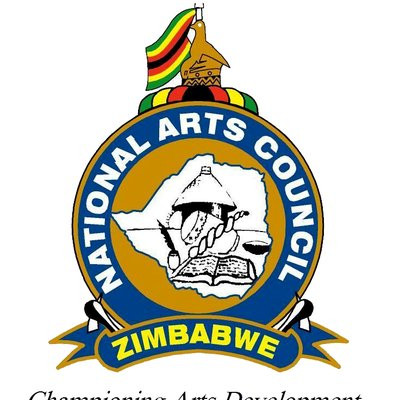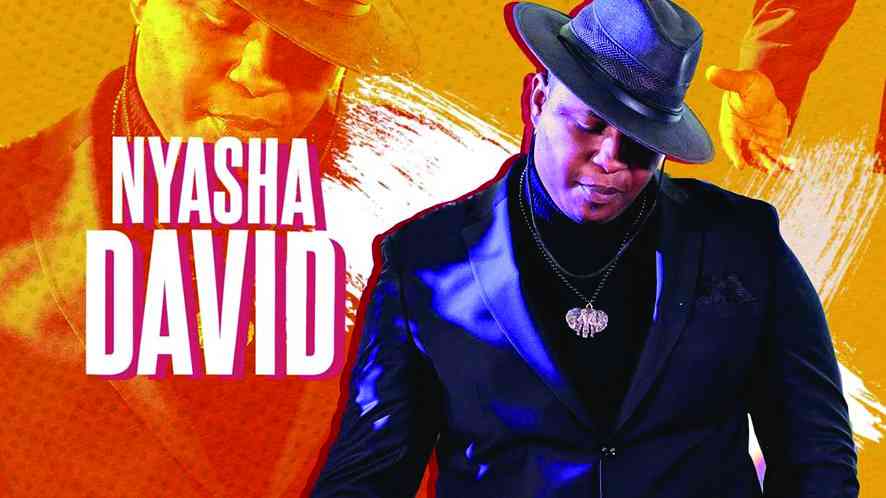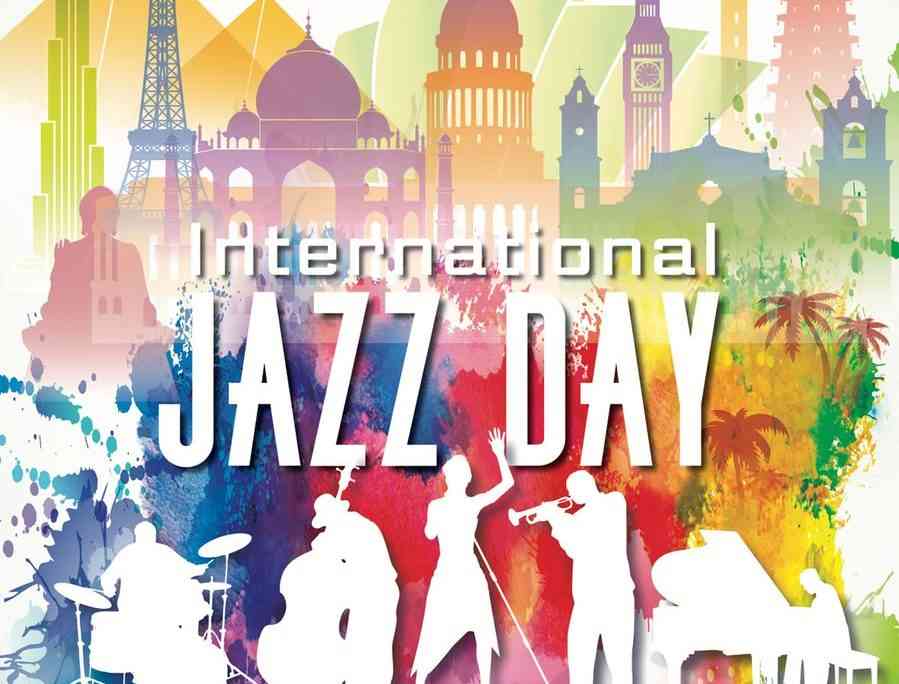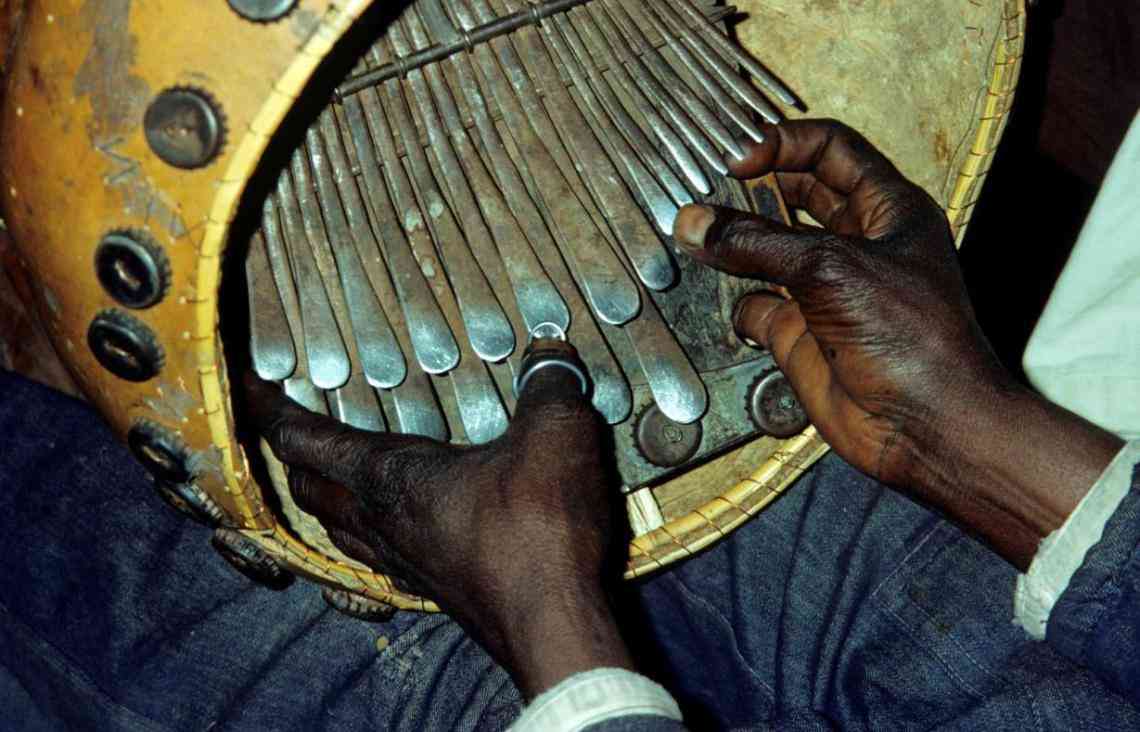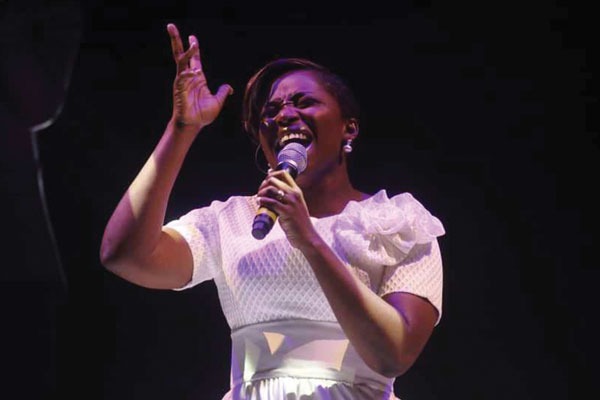
SOUND TRACK: PLOT MHAKO
THE local music industry is male-dominated and misogynistic. Where are the women? It is as if there are no women in music.
On major music show posters there are almost no women at all, as if they do not even exist. Not even behind the scenes, save for a few backing vocalists and dancers that are found in the picture.
It appears as if the music scene is only a boys’ territory as the stage is not even. Women struggle 10 times before they can make it and when they do, it’s never an easy walk.
The gender disparity in the music industry in Zimbabwe continues to widen further and it is very worrisome when the entire developing world is closing gaps on gender imbalances in all sectors of society and the economy.
Could Zimbabwe be still struggling with generational patriarchy?
Some stories of female artistes are nerve-wrecking as they fight against societal stereotypes and sexual bias to make a successful musical career.
The abuse, objectification and prejudice faced by female artistes is shocking amid allegations of producers, DJs, managers, promoters, fellow artistes and even the fans all wanting a piece of the female artistes.
- Chamisa under fire over US$120K donation
- Mavhunga puts DeMbare into Chibuku quarterfinals
- Pension funds bet on Cabora Bassa oilfields
- Councils defy govt fire tender directive
Keep Reading
The distraction, temptation, and financial support lure is often times irresistible for female artistes in an industry that has been reeling under the economic burden for long.
The intimidation and exclusion begin in childhood, with girls not being encouraged to play a guitar or join bands except for church choirs, where it’s deemed more appropriate.
There has been a slight shift and change in perception over the years as people start seeing and relating to successful female artistes who have made it on the global stage and have made bold statements on gender, such as American singer and actress Beyonce and Beninese singer Angelique Kidjo, but at home the song is different.
We are still singing from the archaic hymn book
The lack of strong female role models and recognition of what women do and have achieved in local music in the past is a real issue in terms of shaping the ambitions and confidence of aspiring young women entering the industry.
A lot of the success stories are fast-obscured by marriage. Very interesting that some of the husbands would have spotted and fallen in love with the artiste because of their music, but will soon restrict and make it difficult for her career to blossom.
There is a lack of recognition of what women contribute and achieve within the local music industry and the pressure on women to conform to an image of being beautiful and sexy are recurring themes.
A quick glimpse at the previous radio chat shows and awards ceremonies are glaringly shocking, but we pretend as if we don’t see it or that it does not matter at all.
The only place where you see more women is the red carpet at awards ceremonies and if lucky, announcing the nominees and presenting the gong. That is it!
Recently at the Star FM music awards, two women walked away with awards, Novuyo Sea Girl for Best House Song and Janet Manyowa, who took the Best Gospel gong and the Best Female Artist. The same trend applies to the Zim Hip-Hop Awards and Radio End of Year Top 50 lists.
Now, we have a female Arts minister Kirsty Coventry and her permanent secretary is also a woman, Thokozile Chitepo. With the two most powerful officials in government representing the arts this should be a great reason for celebration for any female artiste, but sadly it is not reflective of the situation on the ground.
Maybe it’s too soon to judge
On the contrary, we have some amazing, talented and bold women who continue to defy the odds. Women who are working behind the scenes and on stage, surviving the testosterone.
Of note is Barbara Chikosi, affectionately known as Mama Red Rose.
Most people know her for her saloons and soccer enthusiasm. The iron lady is one of the most illustrious and respected music promoters behind so many successful music events featuring local and international artistes.
Mama Red Rose has done tremendously well in giving women musicians space and a voice, especially gospel artistes. She has become a daring, illustrious and hardworking arts entrepreneur who has defied patriarchy to establish herself as one of the leading promoters in the country.
The Marange-born and Highfield-raised diamond woman, Mama Red Rose, has never looked back since she entered showbiz at the turn of the new millennium despite the many challenges worsened by a volatile economy.
Mama Red Rose has been instrumental in promoting a lot of local talent through various events and has also brought into the country several foreign artistes such as Jamaican Chris Martin, Mavado, and Capleton.
Then there is Chiedza Danha, and Ellinah Mutandwa, the two women credited for the most respected and fastest growing music festival, Unplugged.
However, the worrisome thing is that most of the events, even done by women, are still male-dominated. Some will say there might not be enough great female talent to promote so probably promoters, since they are in business, will book someone who brings numbers.
Well, the Zimbabwe Union of Musicians chairperson, who is also a musician and one of the highly-rated bass guitarists, Edith WeUtonga, has a different view.
“The issue of women not occupying this space is about women being shut out of space. The days of Stella Chiweshe and Chiwoniso Maraire saw them get appreciated and celebrated only after they had got that global recognition, where they made a name for our country, music, and culture. Without that, I bet they would not have got the same support,” she said.
“We have a handful of promoters who own and control the turf and they decide who goes on the poster. It is not necessarily about numbers, but also delivery and quality performance. How come we have not seen the likes of Cynthia Mare, Diana Samkange, Hope Masikes are not getting the same space? The patriarchal hold still keeps women out of the picture and that must be broken.”
The fall of Book Cafe will forever be mourned. The platform made deliberate efforts to promote female artistes. Programmes such as Female Literary Arts and Music Enterprise (FLAME) made great strides.
The project, headed by a heroin in Zimbabwean music and arts, Penny Yon a multi-faceted creative who swapped the gun (from being a member of Air Force of Zimbabwe) for the guitar and has played so many roles with different creative organisations that promote arts and culture in Zimbabwe.
A former member of the yesteryear popular Mhepo Jazz band with more than three decades to her creative history, the ardent gender activist has seen many female talents develop in the country through the FLAME, a programme run by Pamberi Trust as an administrator.
Today she continues to work in several projects, with a focus on women in the arts.
We have Awakhiwe Sibanda aka Awa, a hip-hop artiste touring globally with her music, but still none of it played on Zimbabwean radio stations. The fast-paced, sharp-edged rapper who prefers to wax lyrical in vernacular Ndebele language, is a defiant young woman who defied her Makokoba upbringing, stereotyping and the struggles associated with being a female rap artiste.
Having toured the United Kingdom, Germany and France last year, the high-flying award-winning Zimbabwean hip-hop artiste remains grounded to her roots as she carries her traditional Ndebele garb to every stage she graces.
Now, Germany-based Awa is an inspiration to a generation faced with domestic violence, teenage pregnancy, rape and prostitution.
The power behind one of Africa’s biggest international arts festival the Harare International Festival of the Arts (Hifa), as the executive director Maria Wilson represents a success story for a woman involved in music promotion.
Despite her low public profile, the shrewd and phenomenal woman’s works continue to illuminate the Sunshine City through the six-day festival.
Songbird Tamy Moyo, recently returned from Kenya where she took part in the prestigious Coke Studio TV show beamed globally on cable channels. Such a corporate endorsement and support by Coca-Cola is one of the efforts that must be commended and supported until we have ten more other young female artistes doing the same.
Many times we attend music, dance or theatre shows, and marvel at the beautiful lighting on stage and never get a clue it could be a woman in charge of all that. Chances are high that you have attended an event or more where all that glitz and glamour on stage was coming from Mildred Moyo, a lighting engineer.
Filda Muchabaiwa is another female whose midas touch has horned so many great musicians ,including high-flying Jah Prayzah, Baba Harare and Andy Muridzo’s careers. Our daughters, sisters and aunts need more of these inspiring stories to rise up and stand tall.
The media need to wake up and smell the coffee, especially our radio stations. Our government also needs to make deliberate efforts to promote female artistes in the country. The status quo is untenable. Until next time the plot thickens.
Plot Mhako, the founder of Jibikila, is a creative social entrepreneur and urban arts activist working to empower the skills and voices of young people in Zimbabwe through innovative programming.



